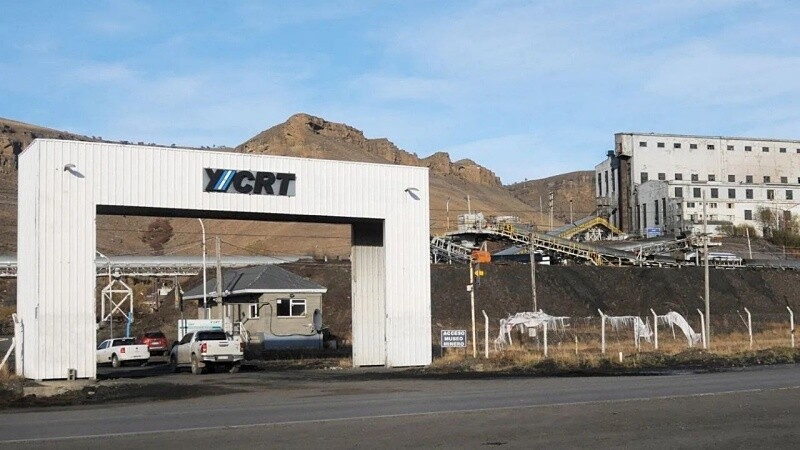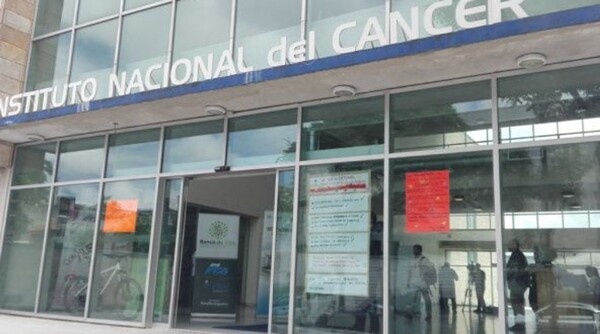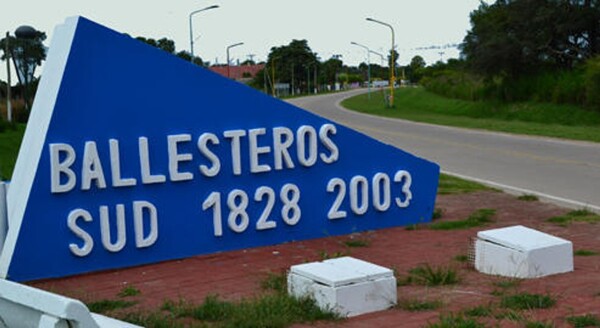
The Government of the Nation has signed a decree to transform the Río Turbio Coal Deposit company into a Public Limited Company. This action has generated concern among workers and the involved communities, who fear the consequences of this decision.
The Minister of Deregulation and Transformation of the State of the Nation Argentina, Federico Sturzenegger, warns that about 60 public companies could face the same fate as the National Bank and the Río Turbio Coal Deposit. However, an attempt to auction 30,000 tons of coal through Banco Ciudad failed due to lack of bidders.
From the Internal Board of ATE Punta Loyola, they propose that the company be handed over to the workers and denounce a year of adjustment and depletion. The Government argues that it seeks to restore the company before selling it, which could imply layoffs.
The coal basin and the economic life of three cities largely depend on the activity of the Río Turbio Coal Deposit. While it is known that the company's power plants are profitable and attractive to investors, the privatization of part of the company is questioned by various sectors.
A series of allegations and internal disputes mark the environment surrounding the state company, with economic interests involved and accusations of corruption. The transformation of YCRT into a Public Limited Company adds to the plans for the privatization of some public companies by the Government.
The measure has generated criticism and concerns among unions, workers, and local communities, who fear for the future of the company and their jobs. Resistance to privatization and the defense of energy sovereignty are key points in the rejection of these government decisions.














